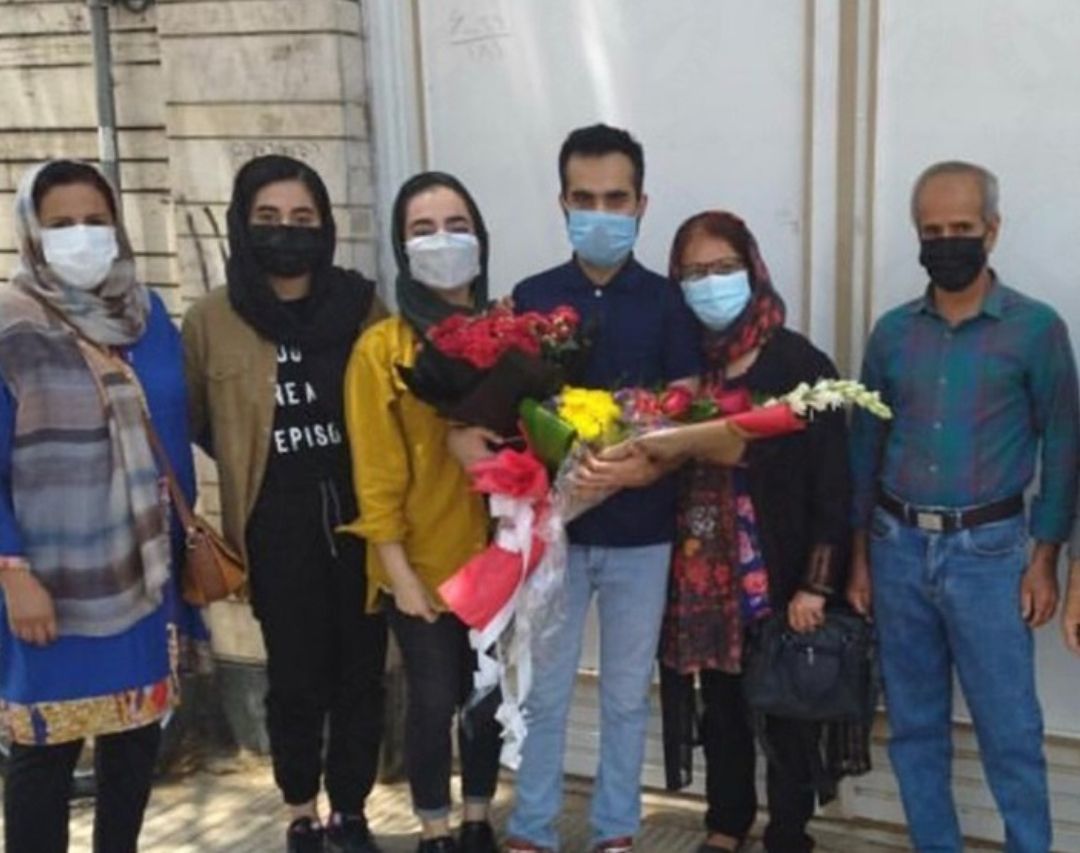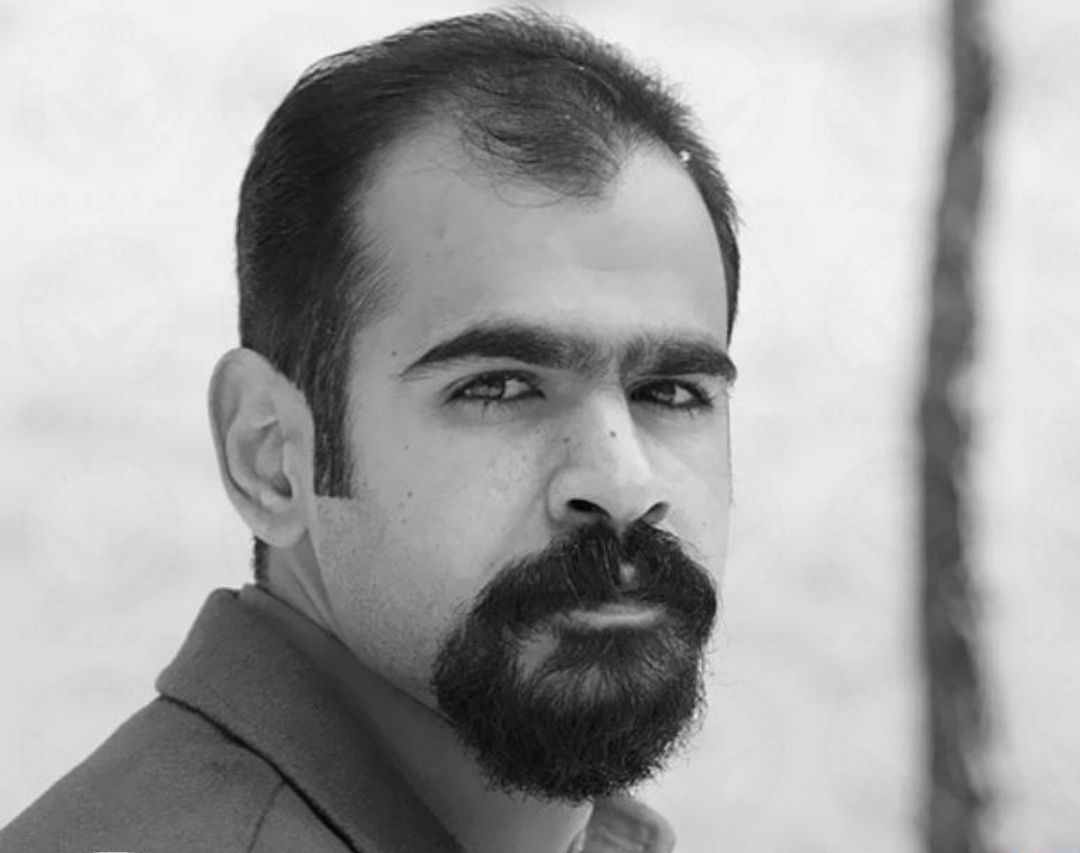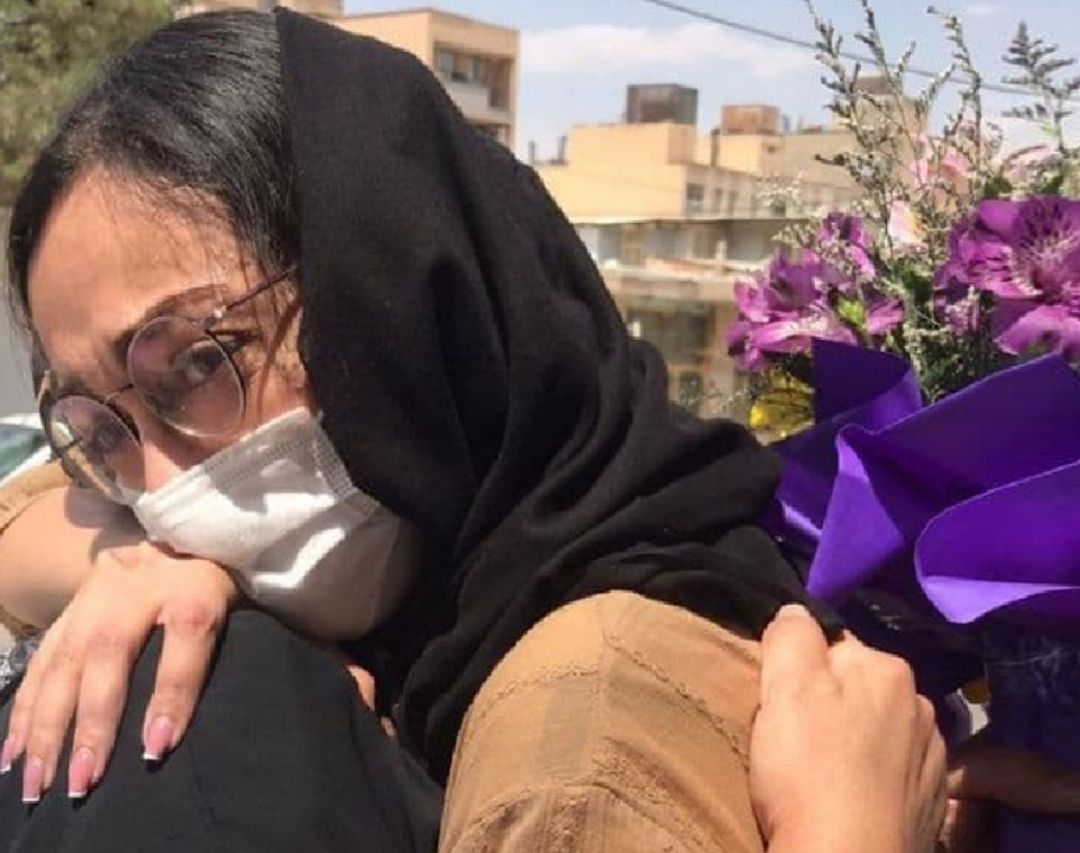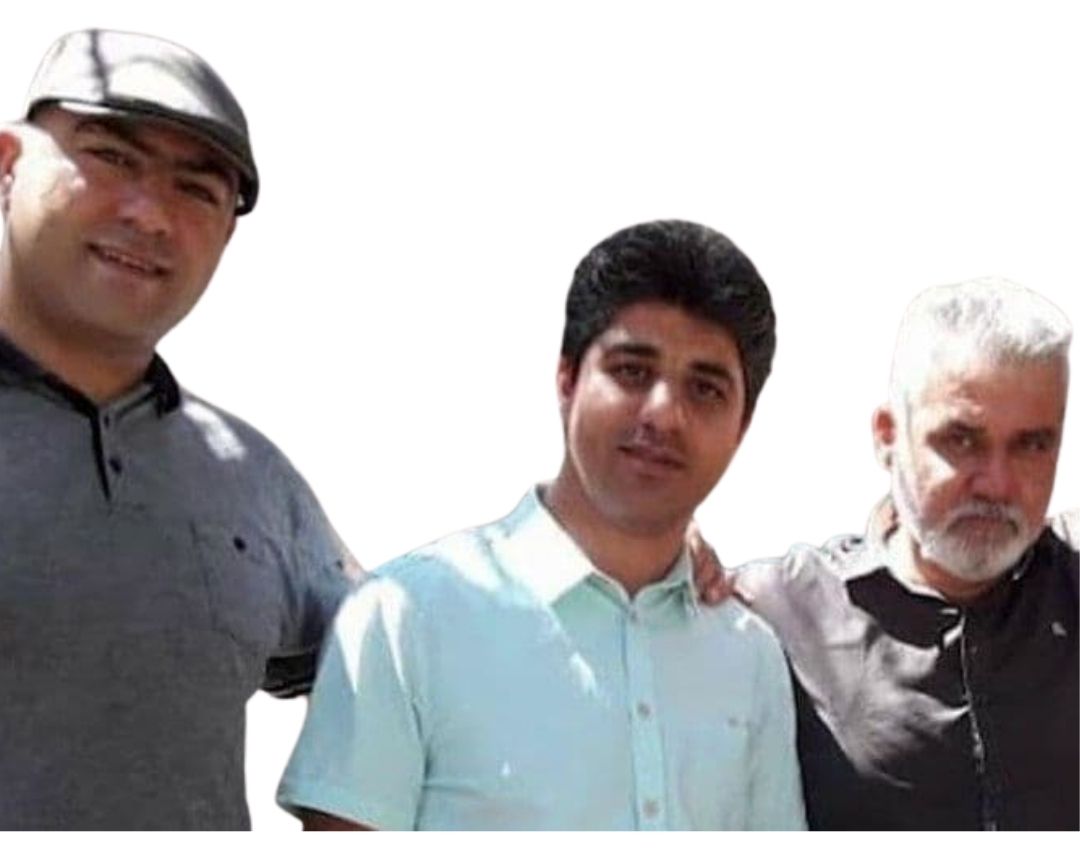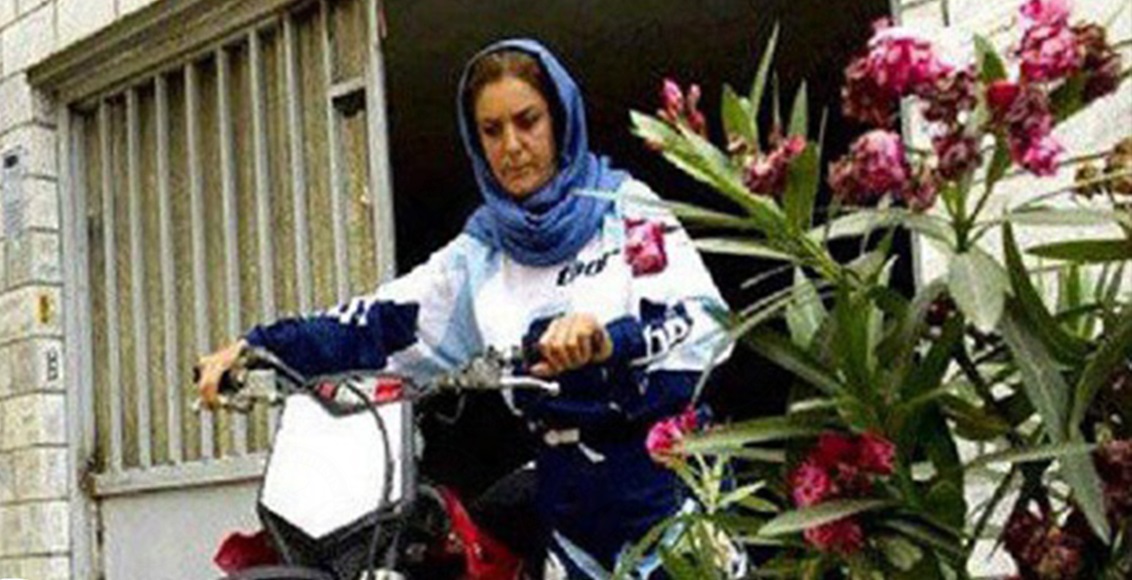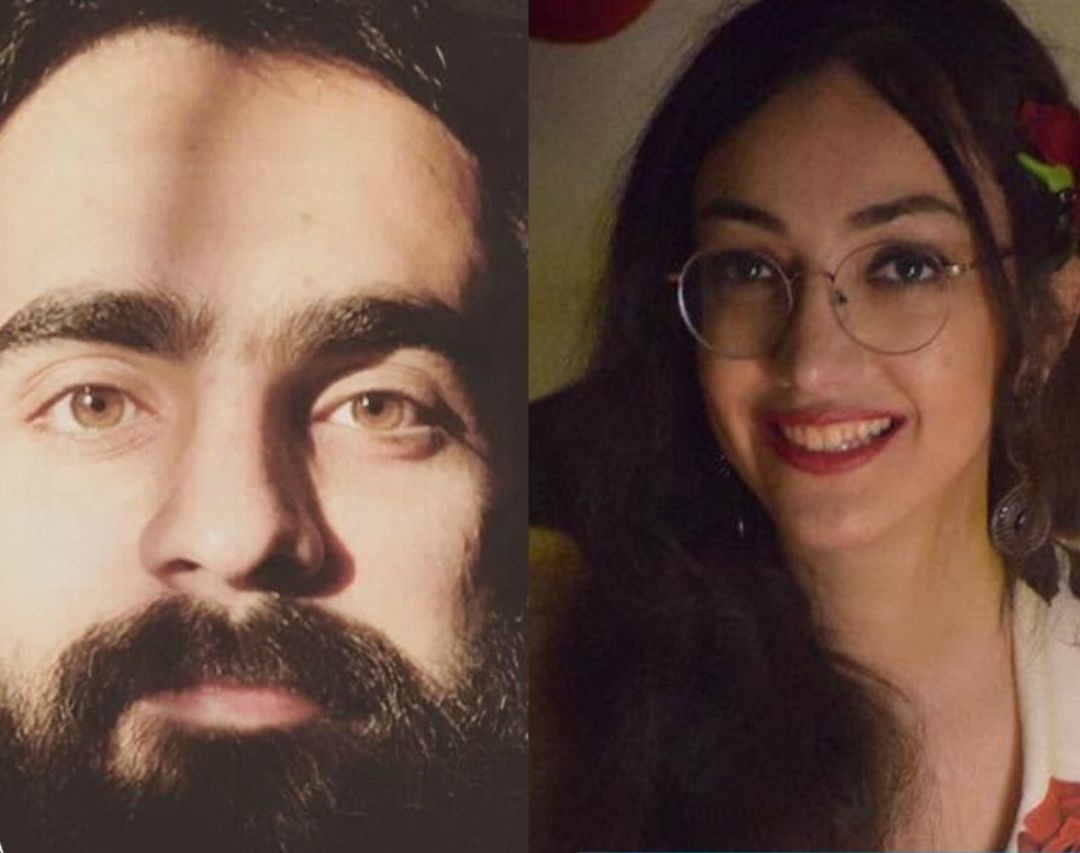On Sunday, July 11, Sina Kamali Sarvestani, a Baha’i citizen, was released on bail from Adelabad Prison in Shiraz.
According to HRANA, the news agency of Human Rights Activists, still no information is available on the reasons for his arrest and the charges against him as of this writing.
Kamali Sarvestani was arrested by security forces on June 14 and was first transferred to the IRGC Intelligence Detention Center and later to Adelabad Prison in Shiraz, where he was held for nearly a month. He has been released on bail temporarily until the end of his trial.
According to unofficial sources, more than 300,000 Baha’is live in Iran, but the Iranian constitution recognizes only Islam, Christianity, Judaism, and Zoroastrianism. Because their faith is not considered legitimate by authorities, the rights of Baha’is in Iran have been systematically violated for years.
This deprivation of the freedom to practice their religion is a violation of Article 18 of the Universal Declaration of Human Rights, and Article 18 of the International Covenant on Civil and Political Rights. The United Nations covenant holds that every person has the right to freedom of religion, freedom of converting religion, as well as freedom of expression, individually or collectively; openly or secretly.



